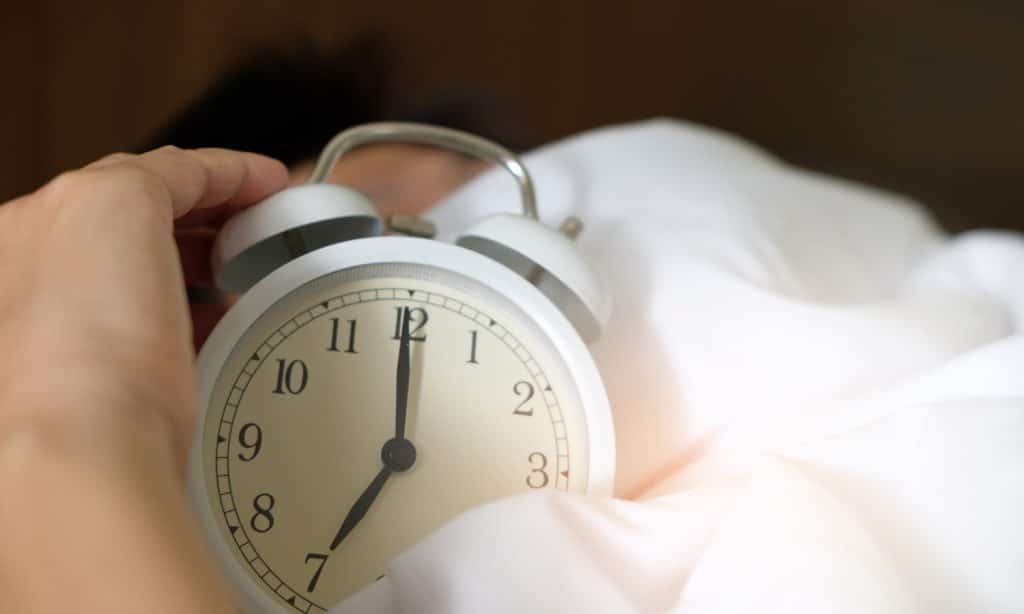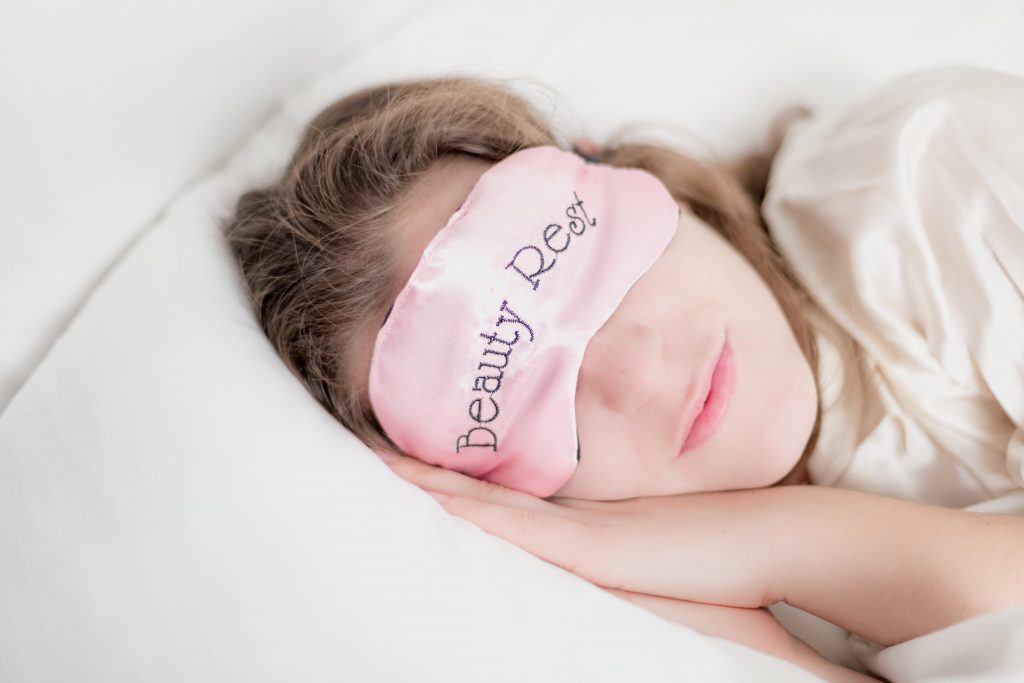WeedLife News Network
Everything You Ever Wanted To Know About Using Cannabis For Sleep

Cannabis has been a known sedative for centuries, thanks to its relaxing properties.
Sleep. It’s so vital for health and wellness, yet so many of us struggle with it.
Getting a good night’s rest isn’t as easy as you think, at least for a great deal of the population. If you’re between the age of 18 to 64, you need 7 up to 9 hours of good sleep each night. Yet, a surprising 35.2% of American adults sleep less than 7 hours a night while 10-30% of adults report that they struggle with chronic insomnia.
A night of deep sleep is essential to feeling great the next day, and it also helps prevent a host of health problems down the line. It’s crucial for helping the body to repair internally, prevent sickness, keep the immune system up, prevent weight gain… the list goes on.

Photo by Acharaporn Kamornboonyarush via Pexels
Because so many people find good sleep to be elusive, we’ve seen a rise in over-the-counter medications meant to address sleep. Yet, so many of them don’t work and leave people feeling extremely groggy the next day. And that’s where cannabis comes into play.
Why Cannabis Works So Well As A Sleep Aid
Cannabis has been a known sedative for centuries, thanks to its relaxing properties. There are numerous studies that prove this point. On top of that, a survey conducted in 2019 where 1,000 people were polled revealed that three-fourths of them used cannabis to help them sleep, saying it was helpful.
But for anyone who’s starting out in the world of cannabis, and for those who desperately want it to help them sleep, read on to help you better navigate dispensaries for the right product.
There are hundreds of naturally-occurring chemicals within the cannabis plant that affect sleep. The two main compounds are broken down into cannabinoids and terpenes. There are three main cannabinoids:
THC: Tetrahydrocannabinol (THC) is the primary psychoactive compound in the plant that gets you high. It’s famous for its pain relief and anti-nausea properties, but it also has potent sedative effects and can help you fall asleep faster. THC has also been found to reduce your time in REM sleep, which in layman’s terms means that you have reduced dreams. This is especially helpful if you are prone to nightmares which can wake you up in the middle of the night and make it harder to go back to sleep.

Photo by Andrea Piacquadio via Pexels
CBD: Cannabidiol (CBD) is a therapeutic compound that doesn’t get you high. It’s relaxing properties are well-known, and it’s already widely used for the treatment of anxiety, pain, and depression. Studies have shown that it’s also beneficial for promoting alertness and reducing sleepiness during the daytime.
CBN: Cannabinol (CBN) is a lesser-known compound though it does have potent sedative properties, which have been found to be enhanced when taken with THC. CBN also has valuable medicinal benefits such as its ability to fight pain, inflammation, and stimulate the appetite.
Then there are terpenes. Terpenes have been getting more attention lately because newer studies have shown its promise in adding to cannabis’ medicinal properties. These invisible molecules are also found in other plants, and are responsible for giving cannabis strains their unique smell and taste. More importantly, terpenes also have medicinal properties and certain terpenes are helpful as a sleep aid:
Caryophyllene Myrcene Terpineol Limonene LinaloolTips For Using Cannabis As A Sleep Aid
There are certain ways you can make the most out of cannabis to ensure you get a good night’s rest:
Timing: Timing your intake plays a big role in using cannabis for sleep. This is especially true if you are using edibles. Edibles do take a while to kick in, though they are more potent so they can help you stay asleep for longer. However, it can take anywhere from thirty minutes to two hours for it to kick in but once it does, the duration can last 8-12 hours. To be sure, medicate at least an hour before you plan to go to bed.
Strains: When it comes to the plant’s sedative and relaxing properties, more people are likely to buy indica strains as opposed to sativas. However, studies have shown that there are few differences between the two strains, and the same strain can make one person sleepy while excite the other. So instead of buying cannabis based on whether it’s an indica or sativa, look for products that have been laboratory tested so that you have a good picture of its chemical makeup. Many dispensaries nowadays sell products that provide detailed information on a strain’s effects, so go with that instead of its name.
Experiment: Different cannabis products affect people differently. There’s no one-size fits-all solution; though generally speaking, CBD is widely accepted as a calming sedative that works well for many people, there are also those that find either low or high dose THC to be best when it comes to sleep. You can also shop for cannabis products that are made specifically for sleep. It won’t hurt you to experiment and see what works for you.

Photo by Shopify via Burst
Of course, it also helps to follow other well-known bedtime habits that will improve sleep. Don’t rely on cannabis as a one-off solution. Here are some tried-and-tested tips to do together with cannabis:
Reduce exposure to bright lights before bedtime (this includes limiting time on tablets, smartphones, and television) Limit caffeine consumption later in the day. Try to get your last cup in at noon; better yet, replace coffee with green tea Stop taking daytime naps Go to bed at the same time each night Don’t consume too much alcohol before bedLast but not least, if you are taking medications especially prescription drugs, always consult with your doctor before taking cannabis.
Copyright
© 420 Intel
When you subscribe to the blog, we will send you an e-mail when there are new updates on the site so you wouldn't miss them.

